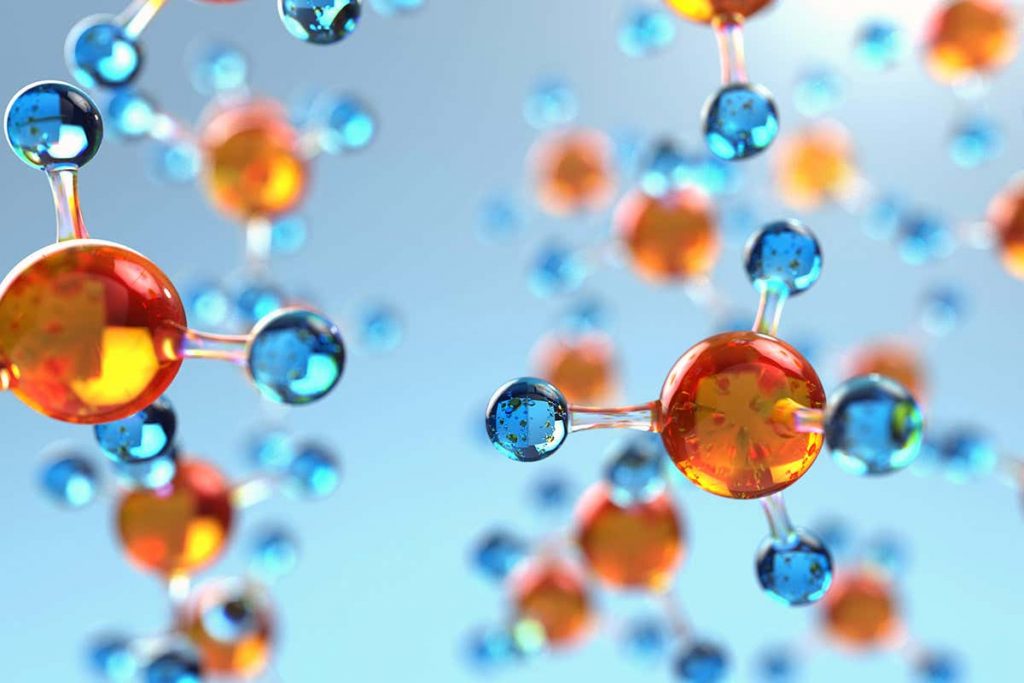Unveiling the Truth: Can Chemicals Really Cause Skin Irritation?

Chemicals are an integral part of our daily lives, present in various products we use, from cleaning agents to personal care items. While these chemicals serve important purposes, there has been growing concern about their potential to cause skin irritation. In this blog post, we will delve into the topic and explore the truth behind the question: Can chemicals cause skin irritation?
Understanding Skin Irritation:
Before we dive into the specifics, it's crucial to understand what skin irritation entails. Skin irritation refers to any adverse reaction that occurs when certain substances come into contact with the skin. This reaction can manifest as redness, itching, swelling, or even the development of rashes or blisters.
Chemicals and Skin Irritation:
While not all chemicals cause skin irritation, some can indeed trigger adverse reactions. The severity of the reaction depends on various factors, including the individual's sensitivity, concentration of the chemical, and duration of exposure. Common chemicals known to cause skin irritation include certain fragrances, preservatives, dyes, and surfactants.
Factors Influencing Skin Irritation:
- Sensitivity: Each individual's skin has a unique tolerance level. Some people may have inherently sensitive skin, making them more prone to irritation.
- Concentration: The concentration of a chemical plays a significant role in determining its potential to cause skin irritation. Higher concentrations are more likely to trigger adverse reactions.
- Duration of Exposure: Prolonged or repeated exposure to chemicals can increase the likelihood of skin irritation. This is particularly relevant for individuals who work in industries where they come into frequent contact with chemicals.
Prevention and Mitigation:
To minimize the risk of skin irritation caused by chemicals, several preventive measures can be taken:
- Patch Testing: Before using a new product, especially cosmetics or skincare items, perform a patch test on a small area of skin to check for any adverse reactions.
- Read Product Labels: Pay attention to product labels and avoid using products that contain known irritants or allergens.
- Protective Measures: When working with chemicals, wear appropriate protective gear such as gloves, masks, and goggles to minimize skin exposure.
- Moisturize: Keeping the skin well-moisturized can help strengthen the skin barrier and reduce the likelihood of irritation.
Conclusion:
In conclusion, chemicals can indeed cause skin irritation, but the extent of the reaction varies depending on various factors. Understanding the relationship between chemicals and skin irritation is crucial for making informed choices about the products we use and taking necessary precautions to protect our skin. By being aware of potential irritants and implementing preventive measures, we can minimize the risk of skin irritation and maintain healthy, radiant skin.
